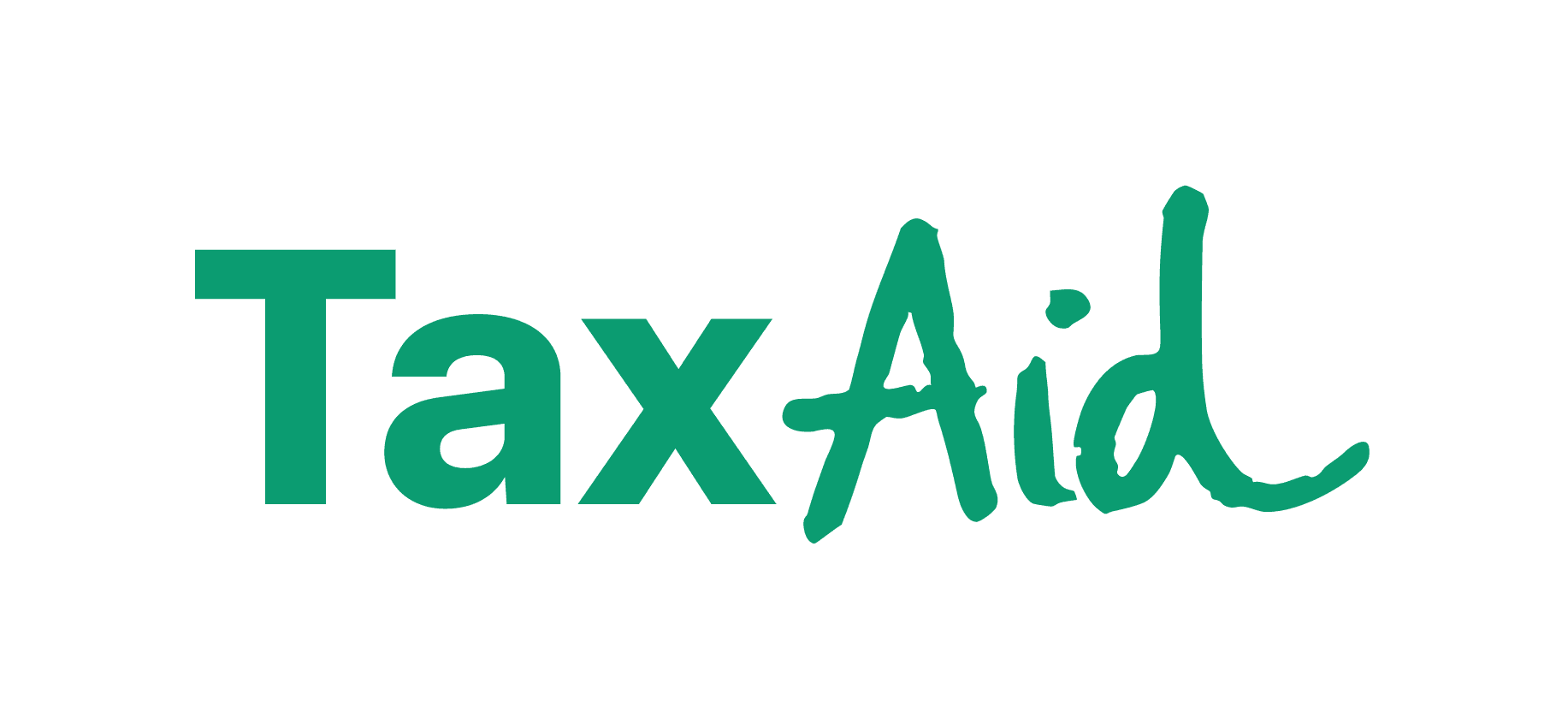‘Being your own boss’ is an attractive prospect, but it also requires taking on a lot of responsibility, not just from a tax perspective. You should take the time to consider if this is the right choice for you, based on several factors.
The first thing you need to consider for your tax obligations is whether you will register as a sole trader, as a partnership, or form a limited company:
- Sole Trader: As a sole trader your business is not a separate person from you, and you are taxed on the profits of your business.
- Partnership: A partnership is where two or more people set up a business together, it works the same as a sole trader, except you are just taxed on your share of the total profits in the partnership.
- Limited Company: A company is a separate legal person, in this case, your business finances are separate from your personal finances. You will usually be the director, employee, and shareholder in your own company. Usually, you would take money out of your company as a salary or by paying dividends.
From a tax point of view, you need to consider:
- How you will keep accurate records
- Paying your tax, and saving money to pay tax
- Completing tax returns
- If you are employing others and laws around this
- How to work out your income vs your profits
- What counts as an expense
To be treated as a business for tax purposes, the enterprise must be run as a commercial operation – this means you must aim to make a profit and that your aim must be realistic. Being able to pay your tax due out of the profits is equally as important as paying any other creditor. You also need to consider if your business is viable in the long term.
You can see a review here of some other things to consider: https://www.gov.uk/browse/business/setting-up
From a personal point of view, you should consider:
- Do I have the time right now to work longer hours than the normal working week if this is required to make the business successful?
- How will I manage my work/life balance when I am working more?
- How will I cope without weekends or holidays if this is needed?
- How will I manage my finances if things don’t take off right away or I have a slow month?
- Do I have the capacity to take this on in my life right now?
Your income will depend entirely on your business, which can depend on your efforts and skills and sometimes be down to factors completely outside of your control. If you’re used to a good steady income it can be difficult because there is some uncertainty when you set up your own business or go self-employed. Some people will start a business or take on self-employed work alongside a full or part-time job as a safety net, but this can also be difficult to balance.
Often, when starting out, you may find yourself working longer hours and not taking holidays, which can be a real challenge. You need to consider how you will manage burnout, and time with your loved ones.
Besides this, working for yourself, either as a self-employed or when starting a business, can be great for many people and there are a lot of benefits that come with it.
Being prepared
It is wise to prepare a ‘business plan’, however simple this may be, and discuss it with someone else. This could be a friend or professional adviser. The plan will consider cash flow, profitability and capital funding, as well as your overall marketing and business strategy.
Don’t forget to put tax into this equation from the very start. Providing for tax on the money you withdraw from the business should mean that you have something set aside for tax when the bill comes. A big issue for new businesses is that there may be no tax bill for a considerable length of time, and then when it arrives it can be large.
Example: Jane sets up in business on 1 June 2025 and registers with HMRC at once. Her first tax return will arrive in April 2026, and the first tax bill will be payable by 31 January 2027. But this bill will cover 16 months of profits – 10 months in arrears (1 June 2015 to 5 April 2026, and 6 months worth of taxes in advance (called a ‘payment on account’) for the year to 5 April 2027).
If you can’t pay this bill as soon as it is due, then you will face penalties and interest, plus recovery action from HMRC.
You can set up a budget account to pay your tax as you go along – https://www.gov.uk/pay-self-assessment-tax-bill/budget-payment-plan.
You need to decide if you are going to use an accountant or other qualified adviser. It makes much more sense to find a suitable adviser as soon as you start rather than waiting until the tax returns are due. Your adviser can show you how to keep good records, which will make it easier to prepare the accounts and tax return at the year-end.
